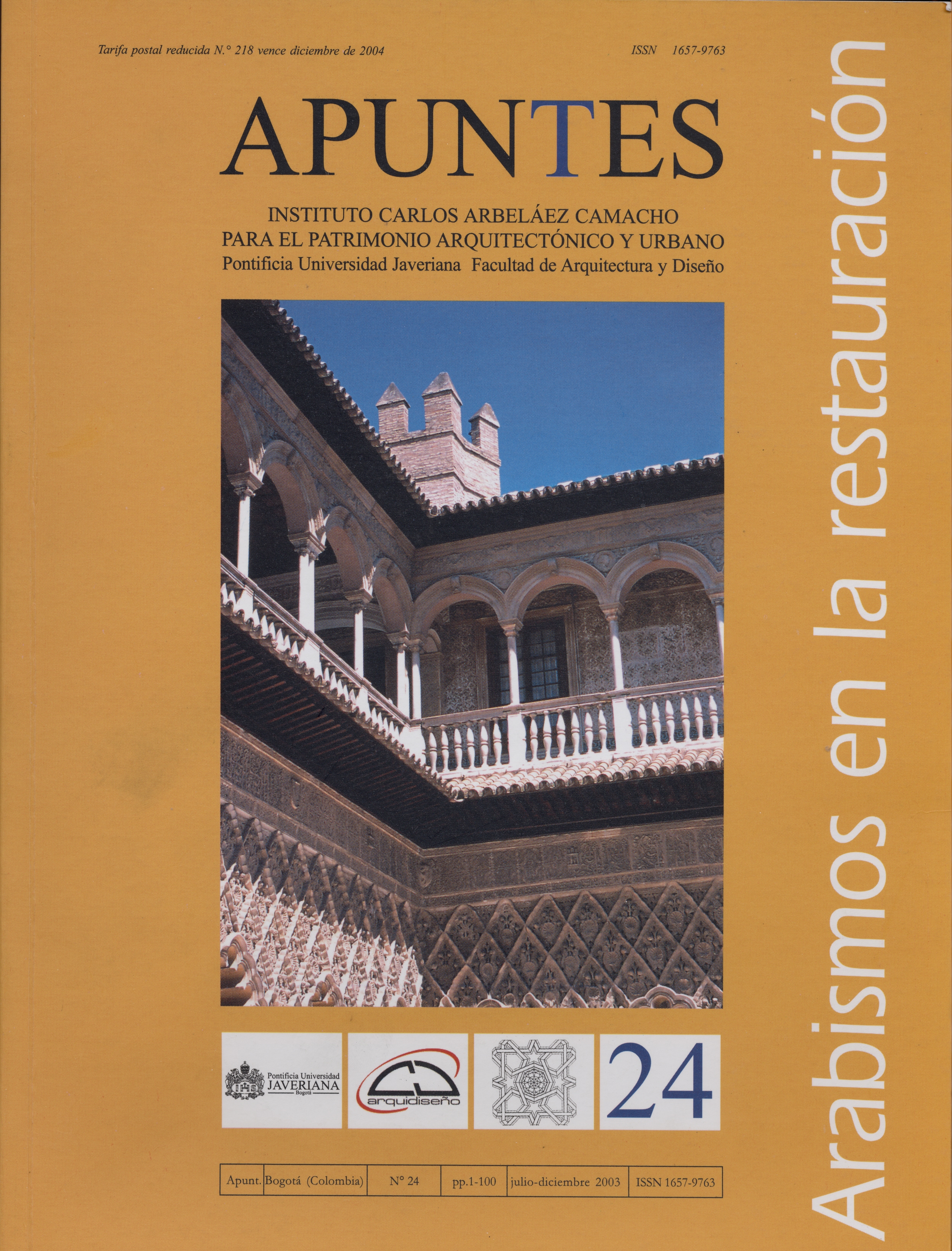Abstract
The popular music of all times has always presented, for both, players and listeners, afresh source of inspiration and new tools for working. The versatility and curiosity ofthe colombian culture, due maybe to a direct heritage of the european and mediterraneancultures, with jewish, and arabic blood, make possible to find in Colombia musiciansdedicated to play sephardic music, The integration of local instruments obeys to aphenomenon that is already there several centuries ago. Therefore, we can say that inmusical terms, the dispersal is still evolving in north and southamericaApuntes is registered under a Creative Commons Attribution 4.0 International Public License. Thus, this work may be reproduced, distributed, and publicly shared in digital format, as long as the names of the authors and Pontificia Universidad Javeriana are acknowledged. Others are allowed to quote, adapt, transform, auto-archive, republish, and create based on this material, for any purpose (even commercial ones), provided the authorship is duly acknowledged, a link to the original work is provided, and it is specified if changes have been made. Pontificia Universidad Javeriana does not hold the rights of published works and the authors are solely responsible for the contents of their works; they keep the moral, intellectual, privacy, and publicity rights.
Approving the intervention of the work (review, copy-editing, translation, layout) and the following outreach, are granted through an use license and not through an assignment of rights. This means the journal and Pontificia Universidad Javeriana cannot be held responsible for any ethical malpractice by the authors. As a consequence of the protection granted by the use license, the journal is not required to publish recantations or modify information already published, unless the errata stems from the editorial management process. Publishing contents in this journal does not generate royalties for contributors.


